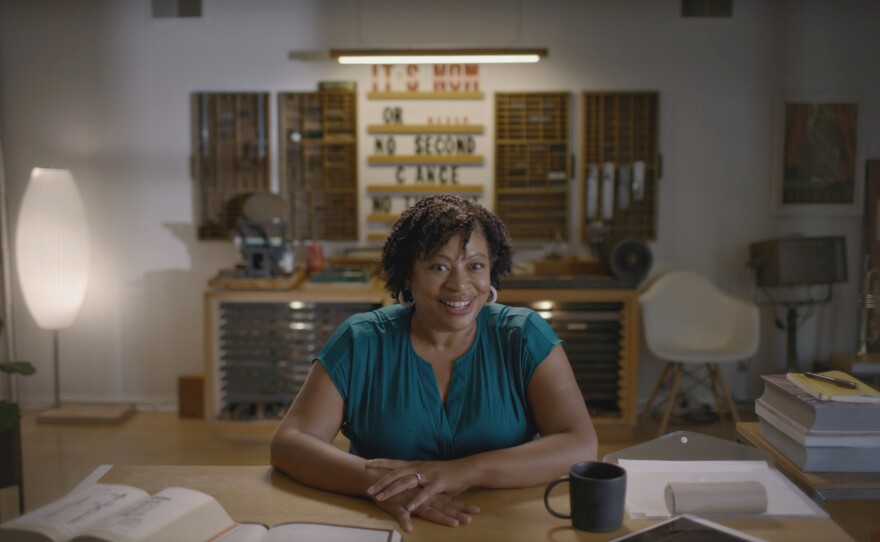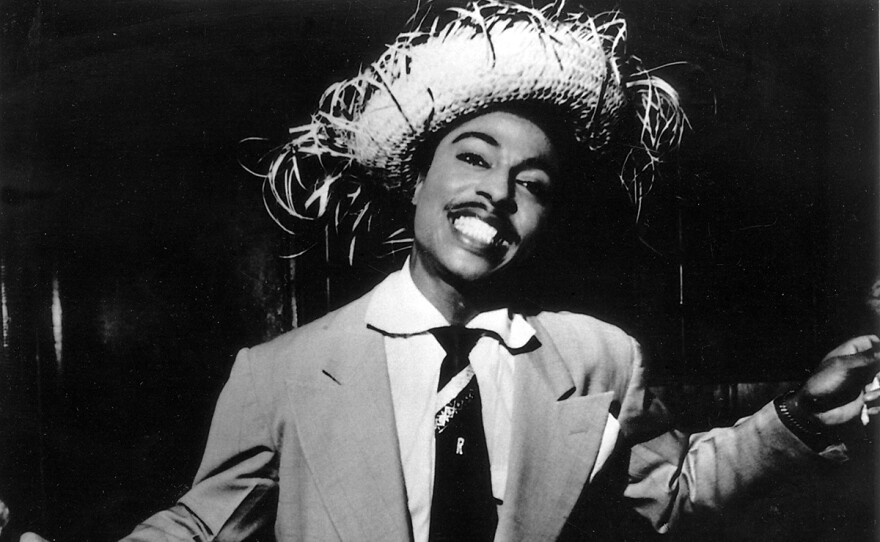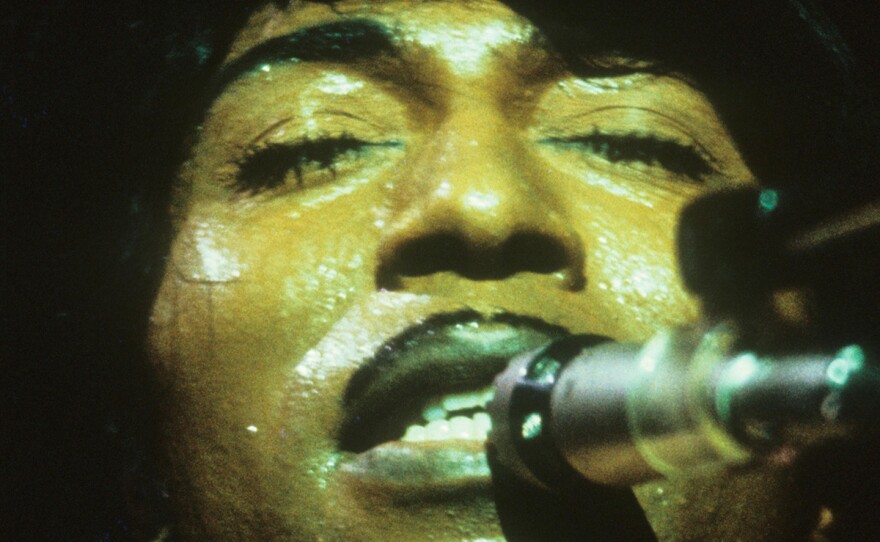Saturday, Feb. 22, 2025 at 9 p.m. on KPBS TV / Stream now with the PBS app + Encore Sunday, Feb. 23 at 6 p.m. on KPBS 2
A fearless pioneer of rock ‘n’ roll who broke the color barrier in the 1950s with hits like “Tutti Frutti” and “Long Tall Sally,” Little Richard defined a genre and inspired generations by defying societal expectations. Charting the meteoric rise of the artist who counted The Beatles and the Rolling Stones as his opening acts, AMERICAN MASTERS "Little Richard: King and Queen of Rock ‘n’ Roll" provides an intimate exploration of the renowned, electrifying and multifaceted individual.
The film chronicles the journey of Little Richard—born Richard Wayne Penniman in Macon, Georgia—from a prodigy with deep gospel roots to a virtuosic, world-touring icon. The new documentary features interviews with fellow musicians Keith Richards, Ringo Starr, Big Freedia, Nile Rodgers, Pat Boone, Ron Jones, Bobby Rush and Deacon John; activist and drag performer Sir Lady Java; Little Richard’s spiritual advisor Reverend Bill Minson; producer H.B. Barnum; and historian Dr. Tyina Steptoe. The film includes never-before-broadcast audio recordings of Little Richard made by his authorized biographer, Charles White (a.k.a. Dr. Rock), who also appears as an interviewee.

After being kicked out of his home by his religiously conservative father, Richard cut his teeth performing in the Black drag scene in Atlanta during a time of seismic change in Southern music, adopting the persona of diva, Princess Lavonne. Record labels and DJs found they could broaden the market for their Black artists if they appealed to white audiences. Little Richard was at the epicenter of this shift, playing his alchemic, ground-breaking rock ‘n’ roll music to integrated crowds when the country was still in the grip of Jim Crow-era norms.

Following nearly a decade of hits, including his trademark “Tutti Frutti,” “Long Tall Sally,” "Good Golly Miss Molly” and “Lucille,” Little Richard began to change course creatively—and spiritually. His evolving relationship with the musical style he pioneered—as well as his with his own sexuality—led him to quit rock ‘n’ roll not just once, but twice. In 1957, Little Richard gave up rock ‘n’ roll music and enrolled at a religious college and became a minister. After a stint as a gospel singer, he returned to the genre he helped create, before abandoning rock ‘n’ roll again in the late 1970s.
Little Richard is widely recognized as one of the first crossover Black artists but spent years feeling his contributions to music have been overlooked in favor of white artists like Elvis Presley. His advocacy for the rights and recognition of Black artists was a lifelong project.
Watch On Your Schedule: This episode is available to stream with the PBS app for a limited time. Extend your viewing window with KPBS Passport, a member benefit that unlocks exclusive shows and extra content on the PBS app.

Credits: A production of Minnow Films Limited and BBC in association with American Masters Pictures. Directed by James House and produced by Joanna Boateng and Dearl Nelson. For Minnow Films Limited, Justine Faram is production executive, Sophie Leonard is executive producer, Brendan Easton is director of photography and production manager is Alisha McKenzie. Mark Bell is commissioning editor for the BBC. Michael Kantor is executive producer for AMERICAN MASTERS.





